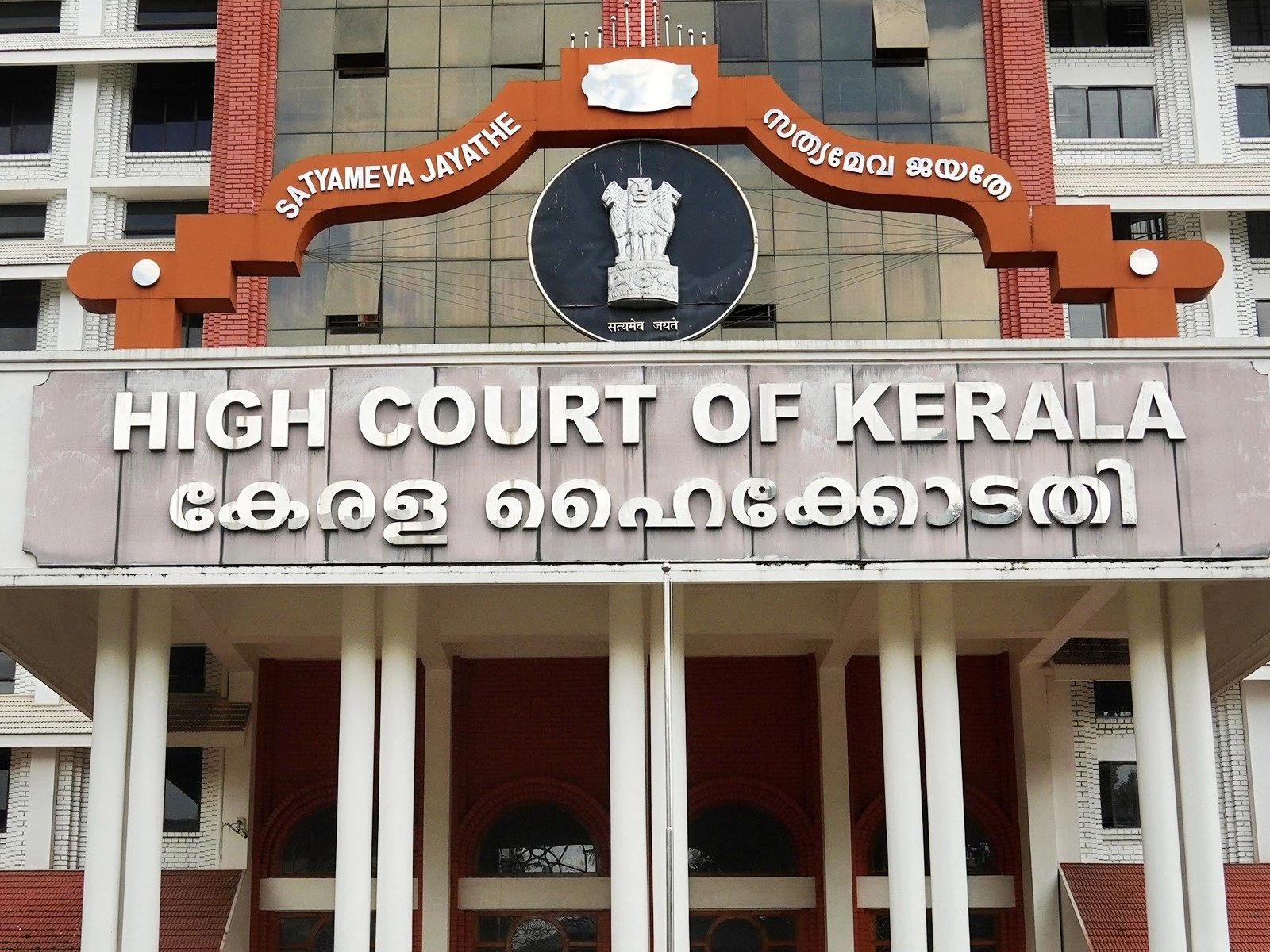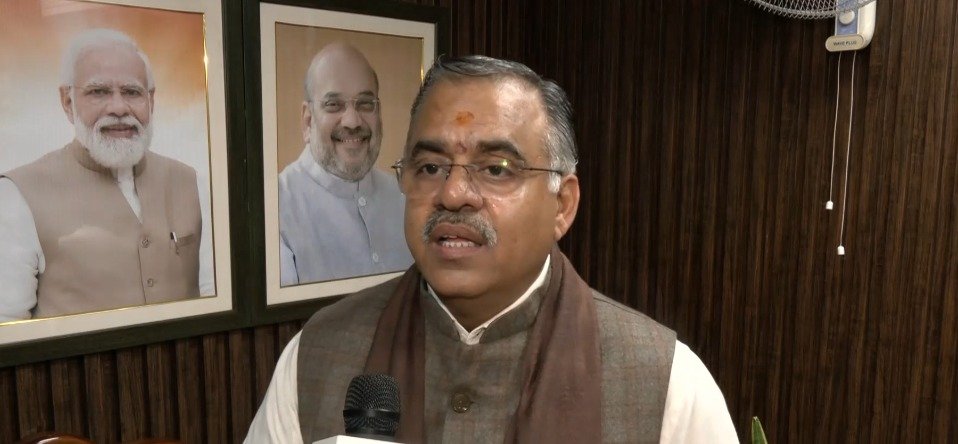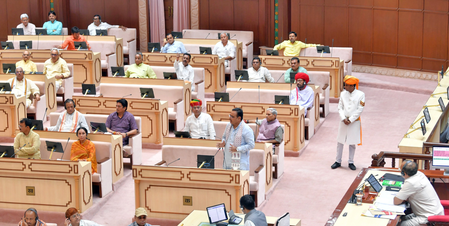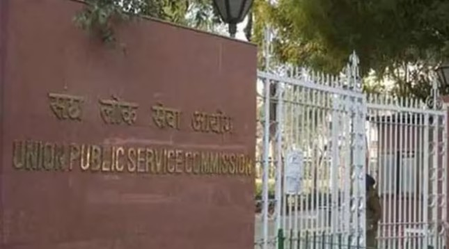
(source : ANI) ( Photo Credit : ani)
In Amritsar, Punjab, the state government kicked off a special awareness camp on Sunday to tackle stubble burning head-on. They also launched a new control room that uses satellite data for real-time monitoring of these incidents across the region.
Here’s how it works: Satellites spot potential stubble burning with their sensors, and officers in the control room jump into action. They quickly alert the local Sub-Divisional Magistrate (SDM), who sends a team right away to talk with farmers and encourage them to skip the burn. “We monitor the data closely, and our nodal officers notify the SDM immediately,” said Yug, the control room supervisor. “Then, teams head out to the fields to explain the dangers and share options like government schemes for better crop residue management.”
These efforts are paying off. Farmers are getting the message about how stubble burning harms air quality, and more of them are choosing alternatives. The government even honors those who avoid it during big events like Independence Day and Republic Day. It’s all part of a push to cut down on this practice, which spikes air pollution in Delhi-NCR every winter, especially from Punjab and neighboring states.
On a broader note, the Commission for Air Quality Management (CAQM) in NCR and nearby areas stepped up its game last week. They held key review meetings on September 25 with Punjab officials and September 26 with Haryana’s team. District magistrates, deputy commissioners, and senior police from 23 Punjab districts and 22 in Haryana joined in to discuss plans for the 2025 paddy harvesting season.
The talks zeroed in on following CAQM’s key directives for in-situ and ex-situ crop residue management—basically, smart ways to handle leftover paddy stubble without burning it. Hotspot districts got special attention to wipe out these fires for good. To keep things on track, flying squad teams will hit the ground in both states for on-site checks.
CAQM also urged Punjab and Haryana to support these squads and share regular updates. They’ve set up a dedicated cell at Kheti Bhawan in Mohali for better coordination between the states, tracking stubble management and pollution hotspots to speed up real action. With winter air pollution looming, these steps aim to keep the air cleaner through teamwork and vigilance.
Stay informed on all the latest news, real-time breaking news updates, and follow all the important headlines in world News on Latest NewsX. Follow us on social media Facebook, Twitter(X), Gettr and subscribe our Youtube Channel.
















